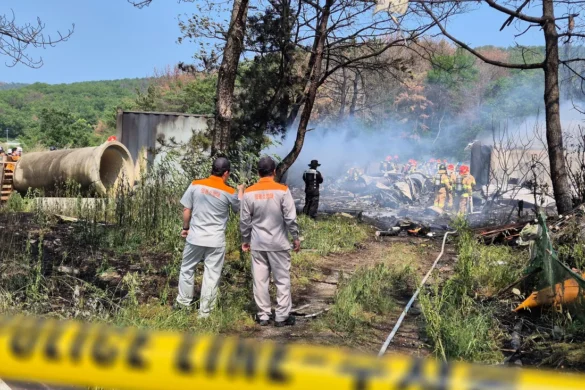Senior politicians in Germany have begun debating a potential easing of restrictions imposed over the coronavirus epidemic ahead of a meeting with Chancellor Angela Merkel on Wednesday.
On Monday, Merkel and premiers of Germany’s 16 states expect to get recommendations from the German National Academy of Sciences that the chancellor has said will weigh heavily in considerations for a possible loosening in movement and social distancing rules in place since around mid-March.
The discussion takes place as the number of new infections and deaths declines in Germany, which has weathered the pandemic better than European neighbours Italy, Spain and France.
But Germany’s export-driven economy – Europe’s largest – has been hit hard and is estimated to contract 9.8% in the second quarter, the biggest decline since records began in 1970 and more than double the decline seen during the global financial crisis in 2009.
Merkel will discuss the recommendations of the science academy with her cabinet on Tuesday. On Wednesday, she will hold a video conference with the state governors to discuss a possible path out of the lockdown and how to manage the recession it is expected to cause.
Over the Easter weekend, Armin Laschet, conservative governor of Germany’s most populous state of North Rhine-Westphalia, sent recommendations from an expert panel from his own state to Merkel and his fellow premiers. He has stressed the importance of easing restrictions.
Speaking to broadcaster ZDF on Sunday evening, Laschet said that small retailers, for example, could potentially reopen following the model in place for bakeries with only two customers at a time.
“Why shouldn’t this also work for other shops,” he said, calling for “a responsible return to normalcy”.
Other politicians, like Dietmar Woidke, governor of Brandenburg, have called for a more cautious approach to avoid the risk of negating the gains Germany has made in combating the virus.
REUTERS




